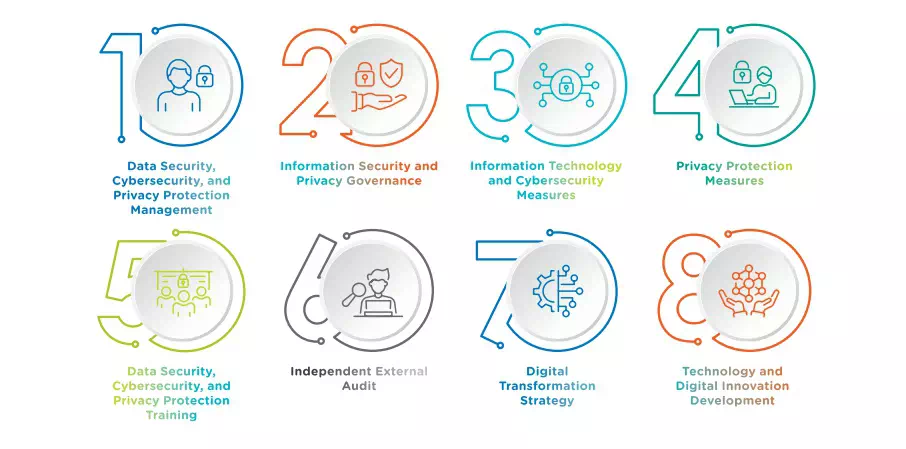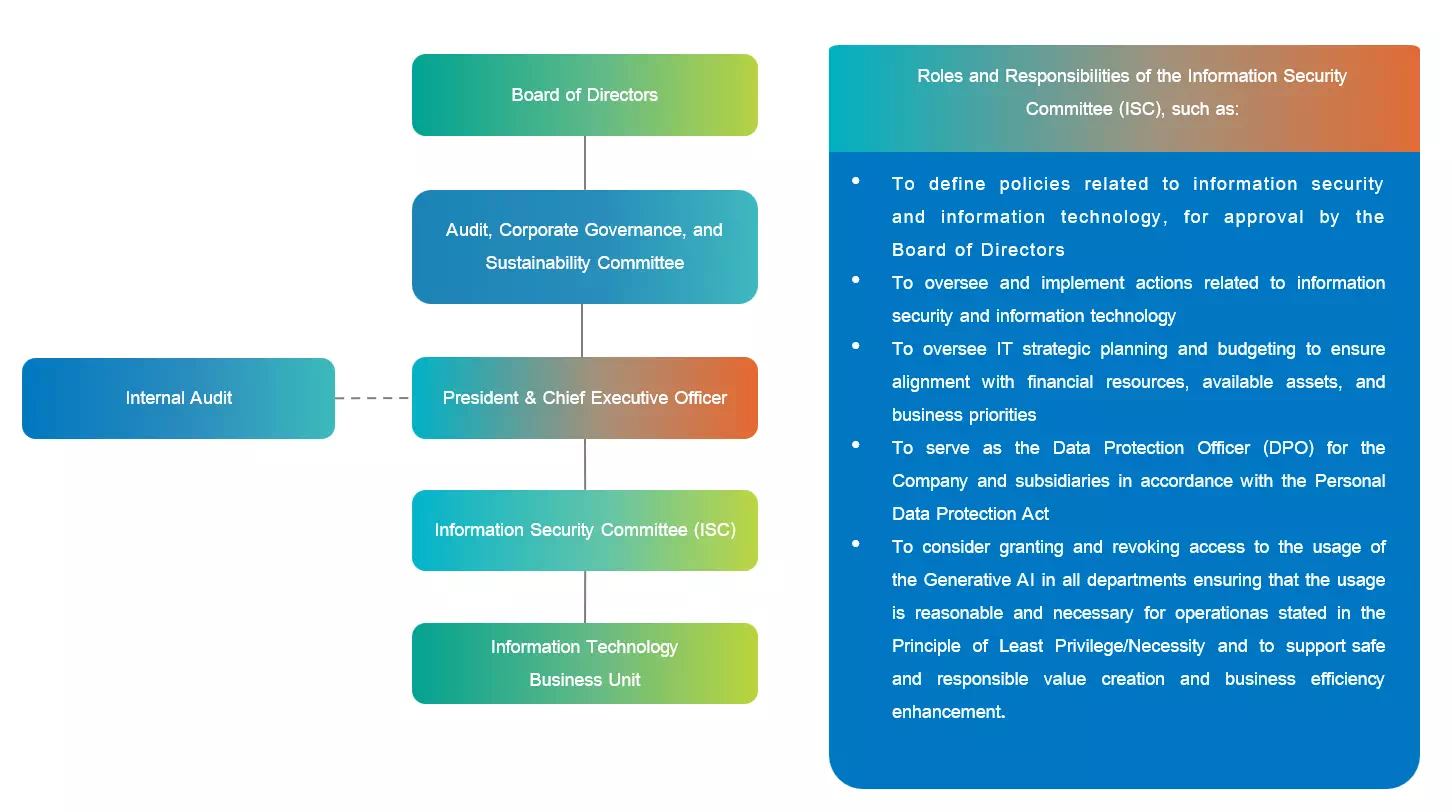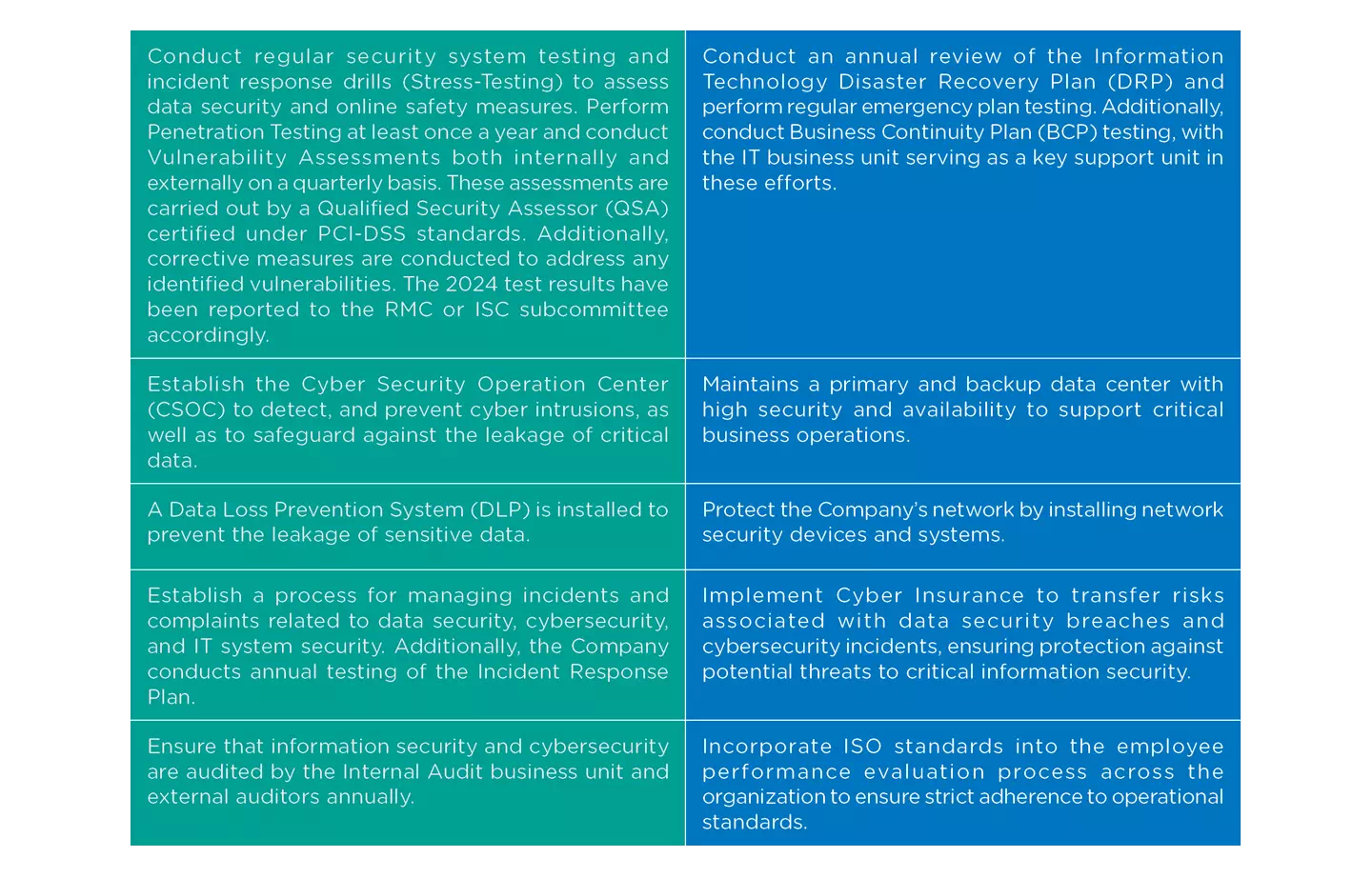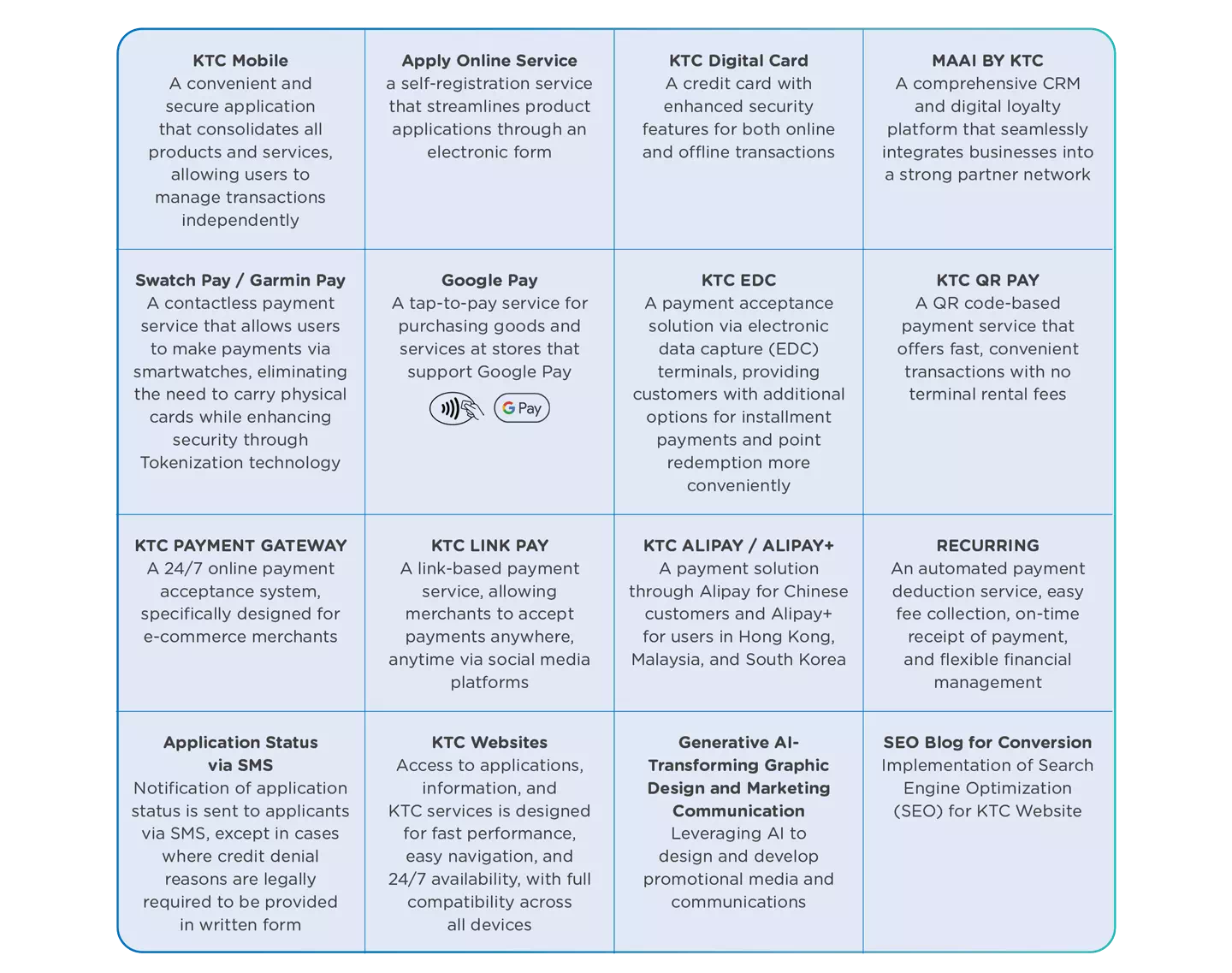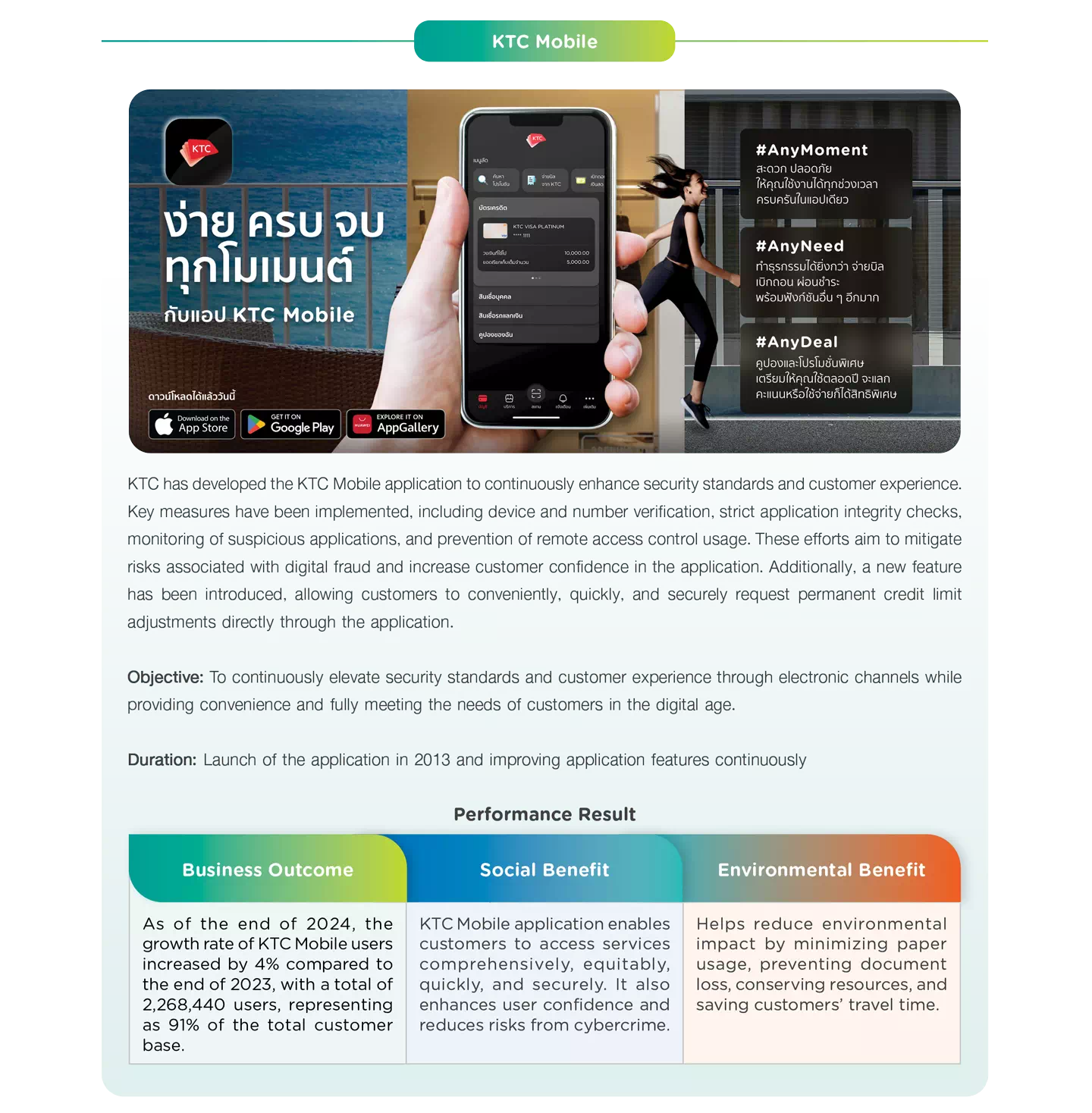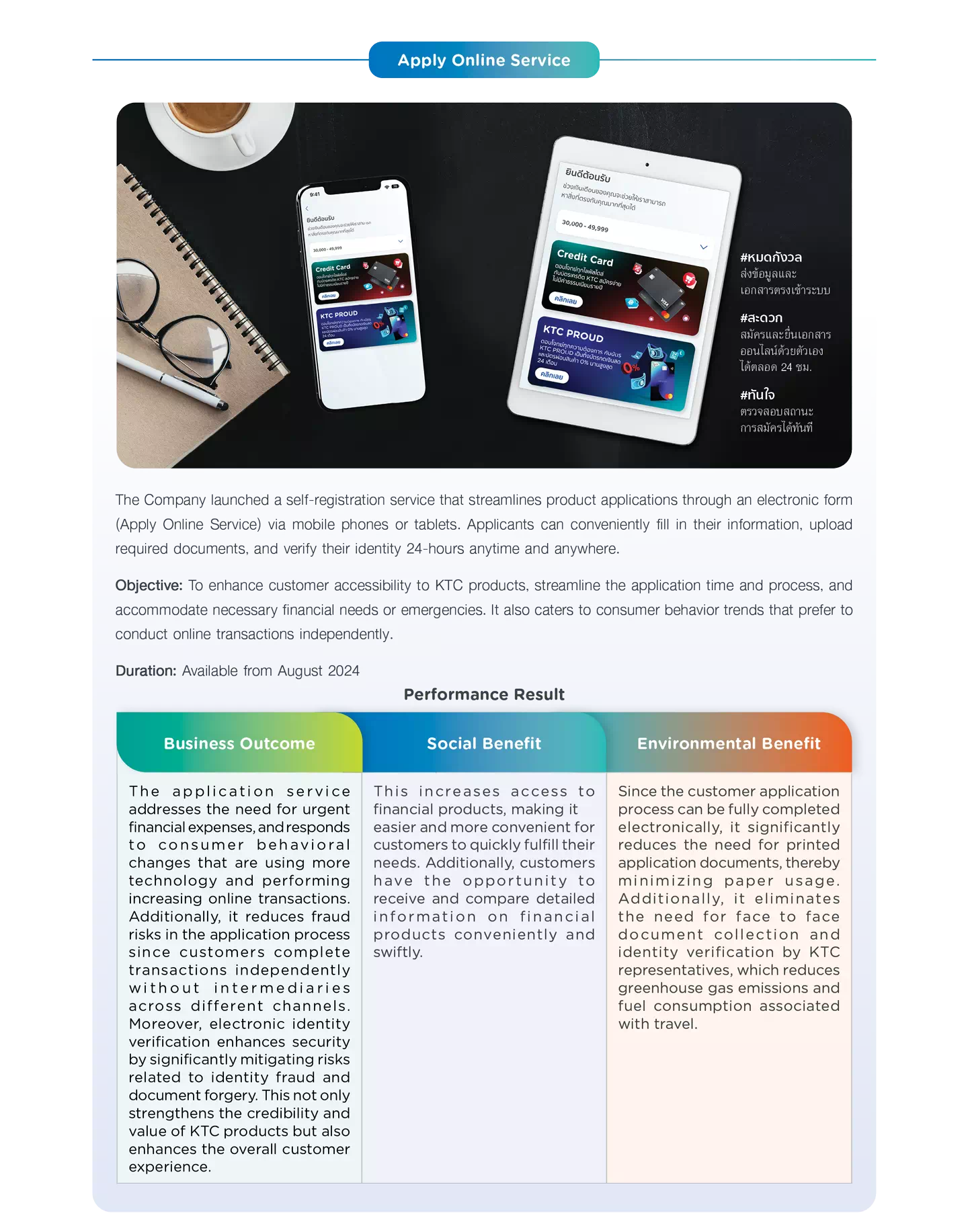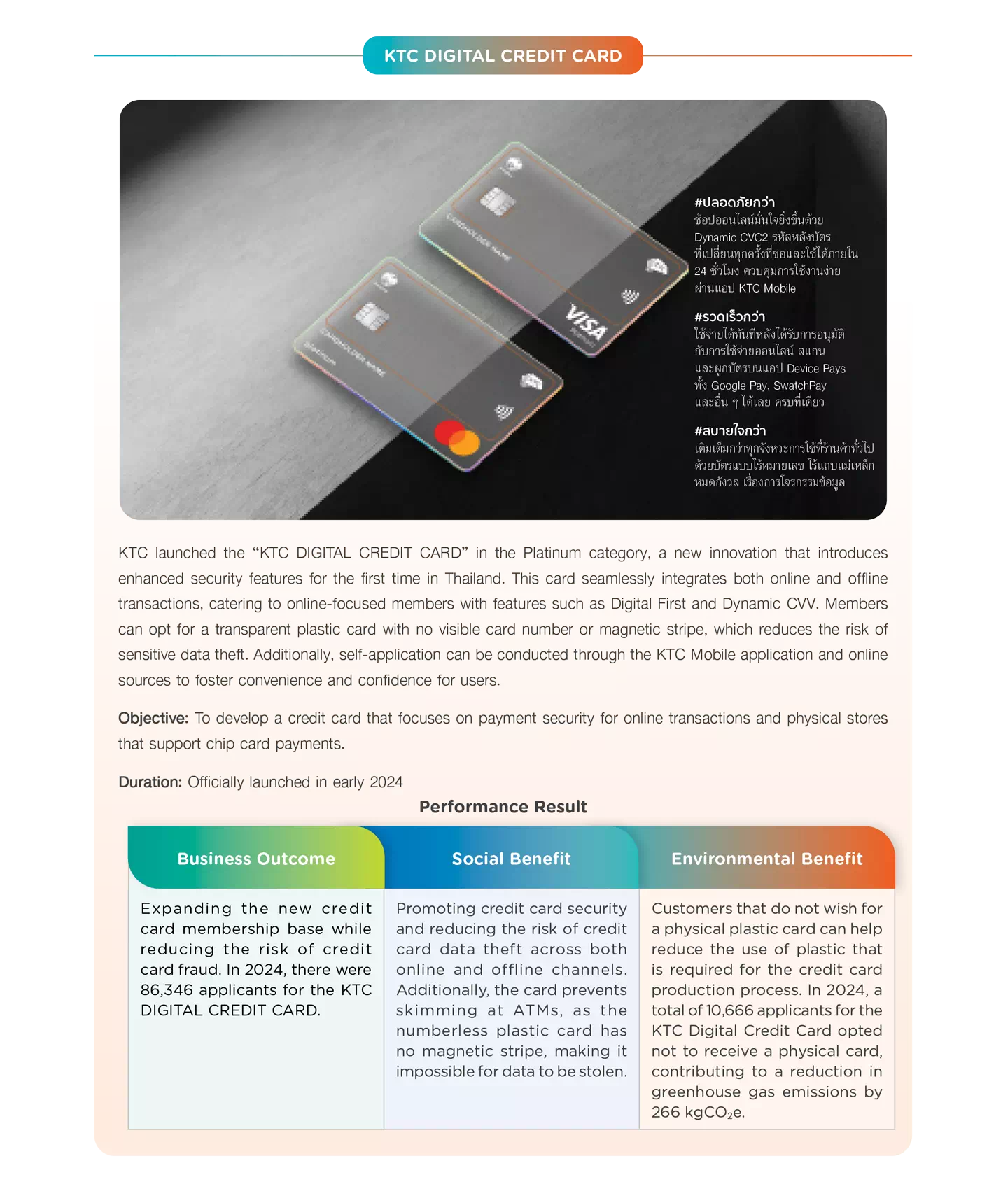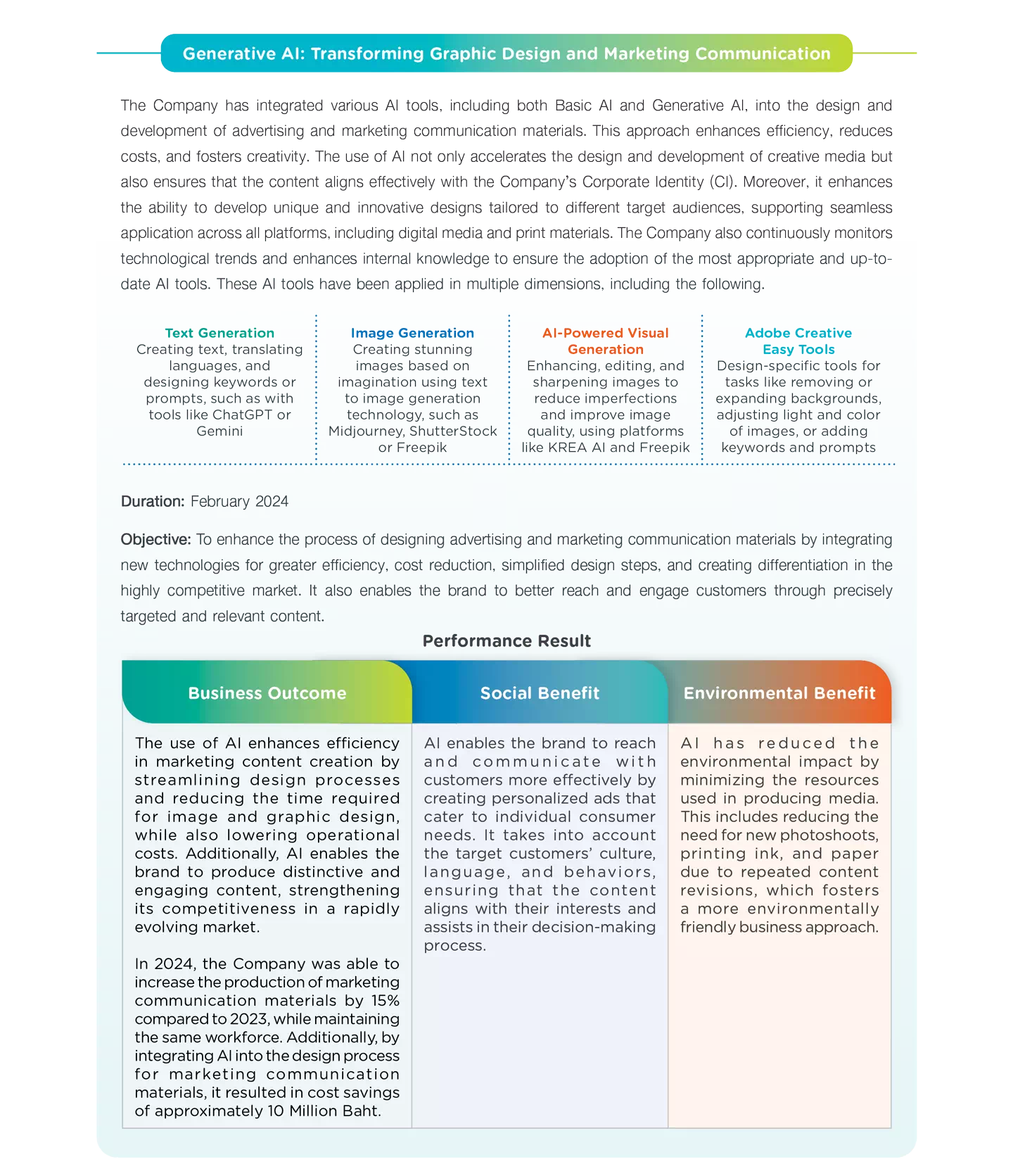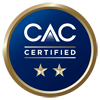The Company continues to focus on enhancing the
efficiency and effectiveness of marketing
communications
through a variety of digital marketing strategies to
present information about the Company’s products and
services while also building continuous customer
relationships. This approach ensures that the
Company
can reach and meet customer needs according to its
objectives. The use of Paid Media on online
platforms
helps facilitate quick and easy access to
information
for customers. Furthermore, the Company improved its
website to ensure a modern interface, fast loading
speeds, easy information retrieval, and enhanced
Search
Engine. In addition, the Company applied social
media
marketing, email marketing, and mobile marketing,
with
cautious media selection to effectively deliver
product,
service, or promotional information that aligns with
customer interests at the right time. The Company
also
develops Content Marketing by creating valuable
articles
covering a wide range of topics, including products
and
services, financial management insights, and various
lifestyle content, to meet customer needs
comprehensively and provide a meaningful customer
experience.
KTC is also committed to developing a
digital workplace to enhance employee flexibility
and
improve the efficiency and speed of customer
service.
Additionally, the Company is preparing its IT
infrastructure to support online business growth,
where
all selected solutions must underpass rigorous
testing,
such as the Proof of Concept (POC). Identified pain
points and limitations are continuously improved to
maximize efficiency, with a primary focus on
security.
Furthermore, the Company has implemented Robotic
Process
Automation (RPA) to replace resource-intensive
routine
tasks, reducing errors and increasing accuracy. This
also allows employees to dedicate more time to
developing new skills. Subsequently, customers,
merchants, suppliers, and business partners also
benefit
from faster and more convenient services, which
reduce
operational time. Additionally, the use of RPA helps
minimize environmental impact by reducing energy
consumption, paper usage, and other non-renewable
resources. Currently, the Company has deployed RPA
in
over 1,042 processes.



 Promotions
Promotions
 KTC U SHOP
KTC U SHOP




 Login
Login




